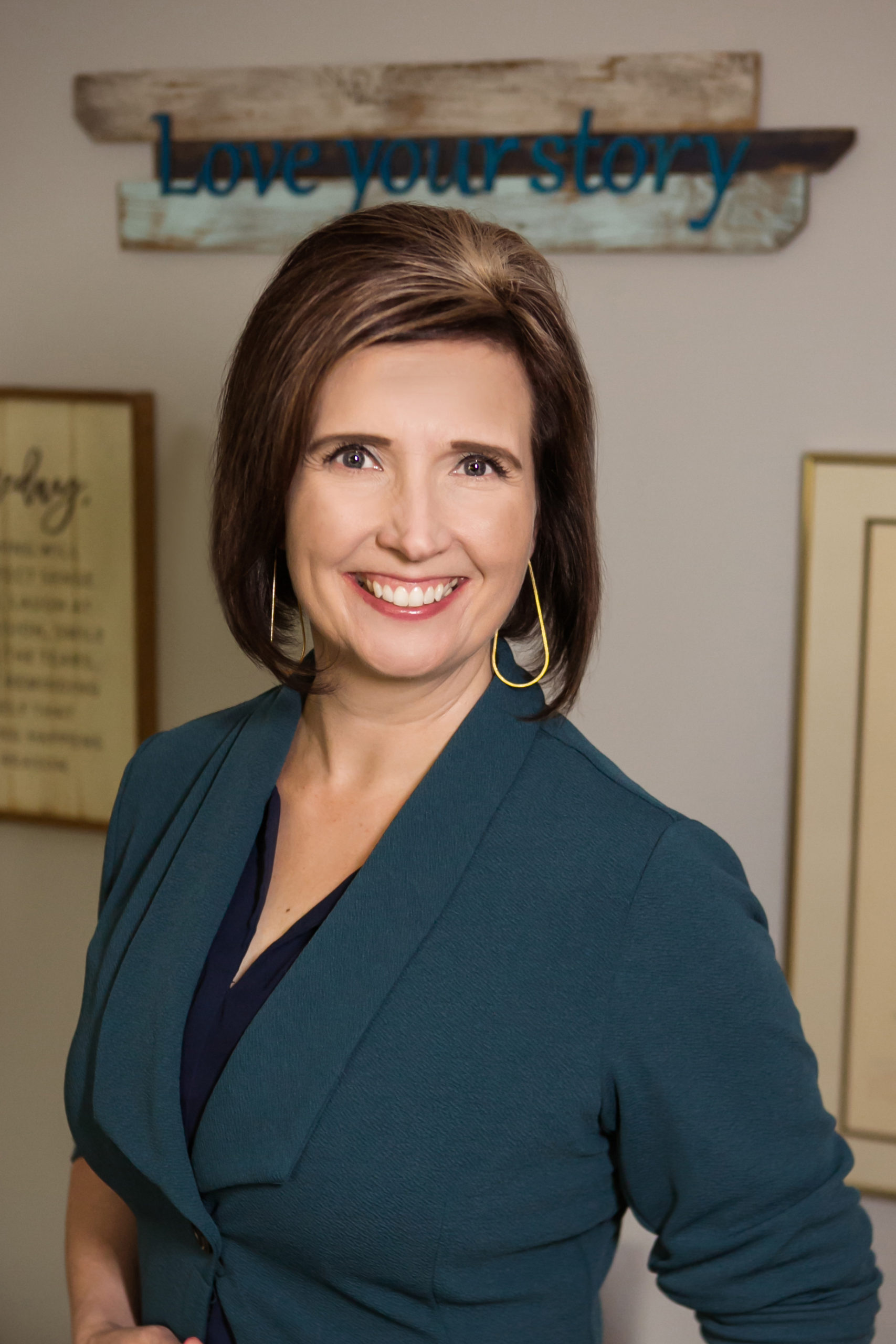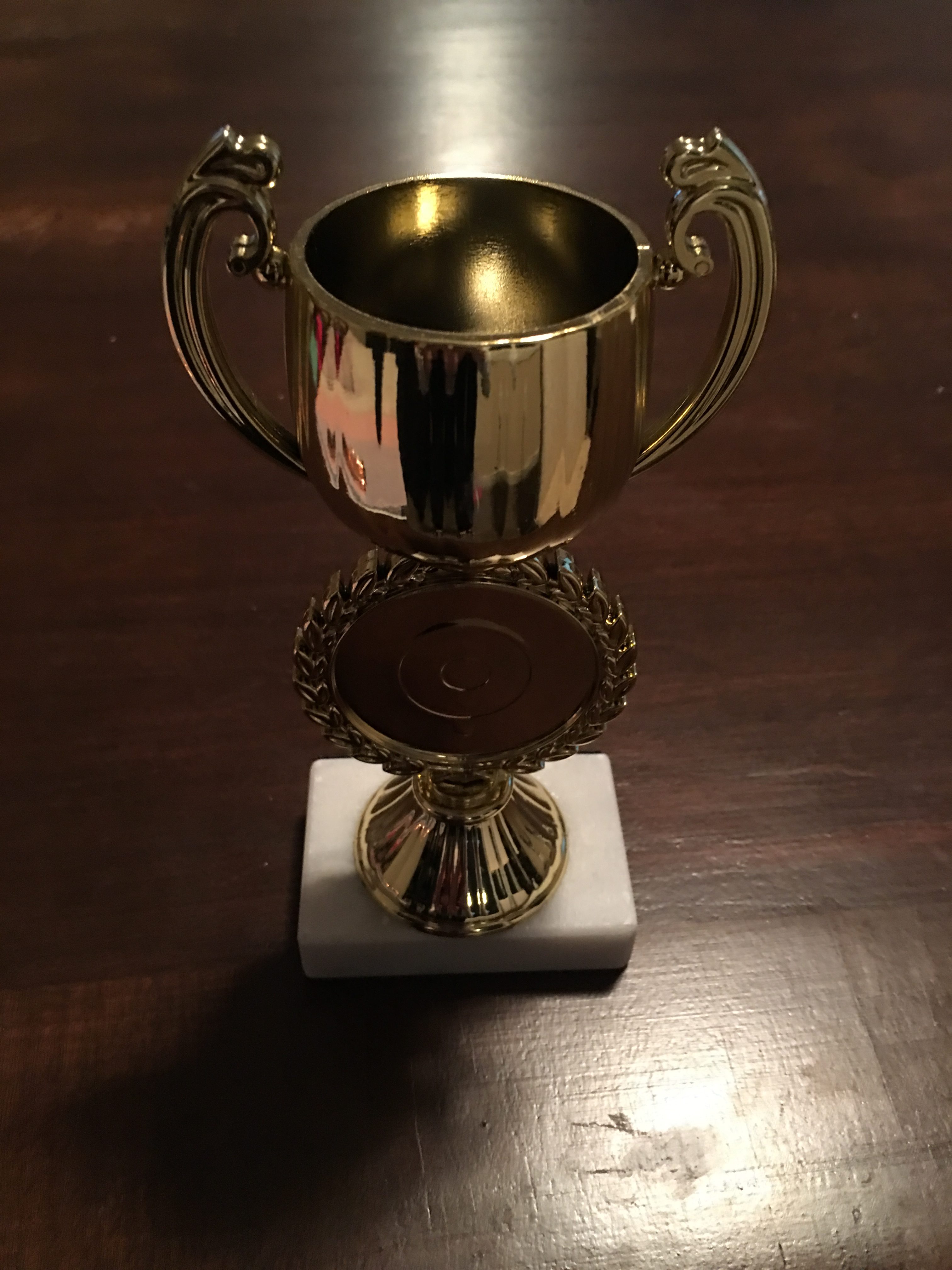There’s more to life than just “not sucking”
What child while dreaming of what they want to be when they grow up says, “I can’t wait until I grow up and don’t suck!”? Answer, NO ONE…EVER!!! Our dreams as young ones usually involve being superheroes, royalty, and occasionally even something more down to earth, like a firefighter, doctor, or police officer. Then we get a little older and we realize that some of the fantastical dreams may be out of our reach (it was a sad day for me when I realized that animals would only talk to Dr. Doolittle and my zoologist dream may not come true after all), yet we still keep dreaming. I wanted to be a medical doctor. Then I met Chemistry and thought…what about a psychologist? I’ve been listening to my friends and family for years, so how hard can that be.
In all seriousness, though, when I work with folks in therapy the thing that speaks the loudest to me is whether they are still dreaming…still hopeful that there is something out there for them in life. When this goes, it is usually because helplessness and hopelessness have crept in. Sure, sometimes we call it being adult, pragmatic or realistic, yet in reality losing sight of our dreams or feeling that dreams cannot be attained is truly crippling. If I ask a client, what kinds of things do you look forward to or where do you see yourself headed, and I get a response like, “I don’t know Doc. I’m not really sure what my goals are.” This is when I know that there is work to be done. Because really, no one looks forward to just not sucking. We may want to have relief from our pain, a reprieve from low self-esteem, or an ability to think more positively, but these are not the goals. These are byproducts. Good byproducts, but not the star we wish to reach for. And certainly, not what we thought we were going to be when we grew up…someone that doesn’t suck.
“So Doc, what next? I’ve come into your office looking to make this depression go away or to learn how to make my anxiety less of a burden in my life. How do I accomplish this if I am not focused on fixing it…on not sucking?”
Well my friend, the short answer to that is, find your way back to your hopes and dreams. Find your way back to aligning with what you want in life. Dream. And don’t just dream…DREAM BIG!!! Why? Because feeling better comes when we have a focus to feel better about. Feeling better hardly ever comes when our focus is just to feel less bad then we do at present.
“Ok Doc. So how do I dream again, when there is rent to be paid, food to put on the table, work (that I don’t even like) to be done? I love your optimism that it is as easy as dreaming again, but my life just isn’t that easy.”
I hear you. And you’re right, life isn’t that easy. My push back to you, is that neither are dreams. Neither are goals that are worth sacrificing for. Neither is failing on your way to meet those dreams and goals, only to have to get back up and keep at it. None of that is easy. The silver lining is, when we work hard and meet a goal, we feel good and it’s because we worked so hard for it and know that it is a true accomplishment. If we feel good, chances are we are sucking less. So, my challenge to you, my friends, is to stop looking to suck less and start remembering what you wanted to be when you grew up. Or start thinking BIG about what new and exciting thing you want to accomplish (even if you have no reasonable clue where to begin). Because dreams are not built to be easy and we are not well-oiled machines. If this was the case, anyone could accomplish the dreams we have. No! Dreams are meant to push us beyond ourselves and will help us to be people well beyond someone that just doesn’t suck.
It’s like the old saying goes, “Shoot for the stars and you may just reach the moon.”



